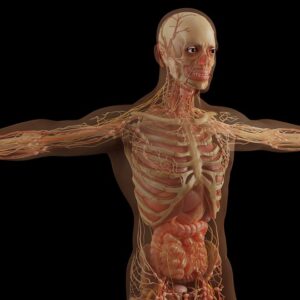Short-term effects on cardiovascular system would be increased:
- Heart rate will continue to rise in direct proportion to the intensity of exercise until maximum heart rate is achieved.
- Stroke volume amount of blood pumped out of the left ventricle by each beat increases, because of intensive exercise.
- Cardiac output – the amount of blood the heart pumps in a period of 1 minute.
- Blood PH (acidity of your blood) – blood becomes more acidic than normal during exercise and after short-term.
Long term effects would be decreased rate in rest mode, because of pressure of exercise – rest mode for heart becomes easy and doesn’t require that much of heart rate to supply enough oxygen/nutrients to body systems. Also the heart becomes more efficient and less vulnerable to heart disease like: heart attack. Because hearts ability to deliver nutrients/oxygen is more effective it improves muscle ability to provide work.
Short term effects:
- Heart rate will increase, because muscles are exposed to work and require more oxygen. Nervous system detects that and gives signal to heart to increase work performance, by that pumping more blood.
- Stroke volume, because of exercise heart has not only to increase the speed, but also to increase the capacity of blood pumped per one pump to be able to produce enough blood in to the system.
- Cardiac output will increase about approximately 10 times. From 5 l/min (rest mode) to 40 l/min (exercise mode), so it produces enough to run body systems and muscles to provide force (contractions).
- Blood PH (acidity) will be affected to more acidic than regular, because when muscles are exposed to exercise they produce waste products like carbon-dioxide witch is acidic. It is not very big change in the PH, but there is a difference that makes blood PH out of balance.
In long-term, hearts ability and effectiveness in its work increases, so its rate becomes slower, because heart is stronger and doesn’t require so much effort to provide same blood supply than it was without exercising. Also improved and more balanced blood circulation, wider capillaries and stronger blood vessels. Also increased number of red blood cells in order to keep muscles and other systems supplied with oxygen during heavy exercise. Stroke volume increases – it’s the amount of blood pumped per one time pump, because of exercise heart muscles also get bigger and stronger by that increases capacity of pumping blood.


